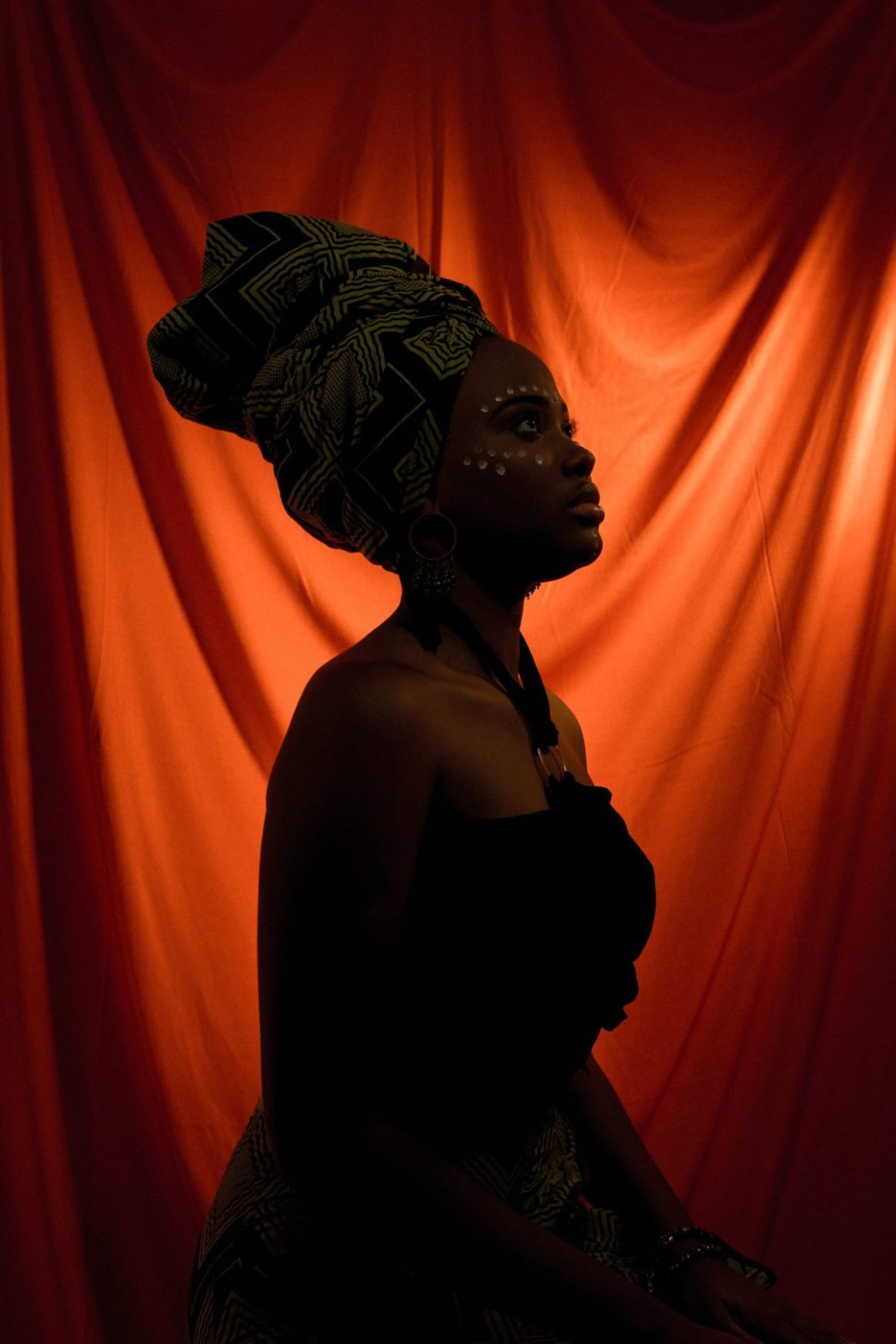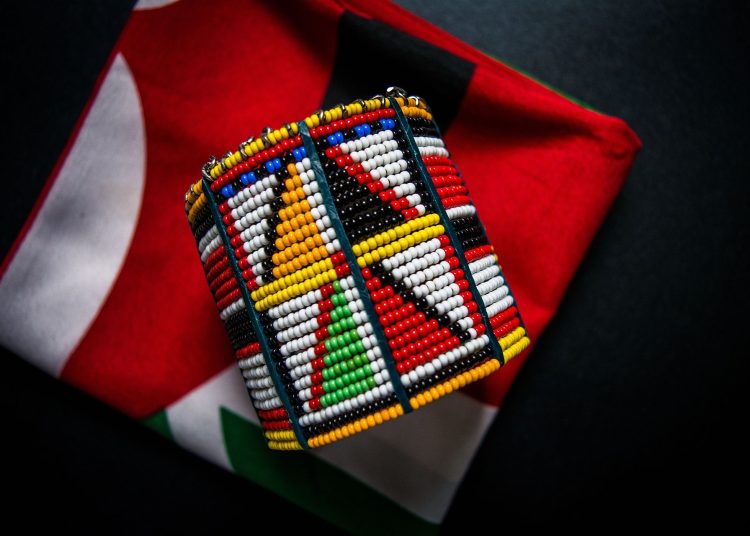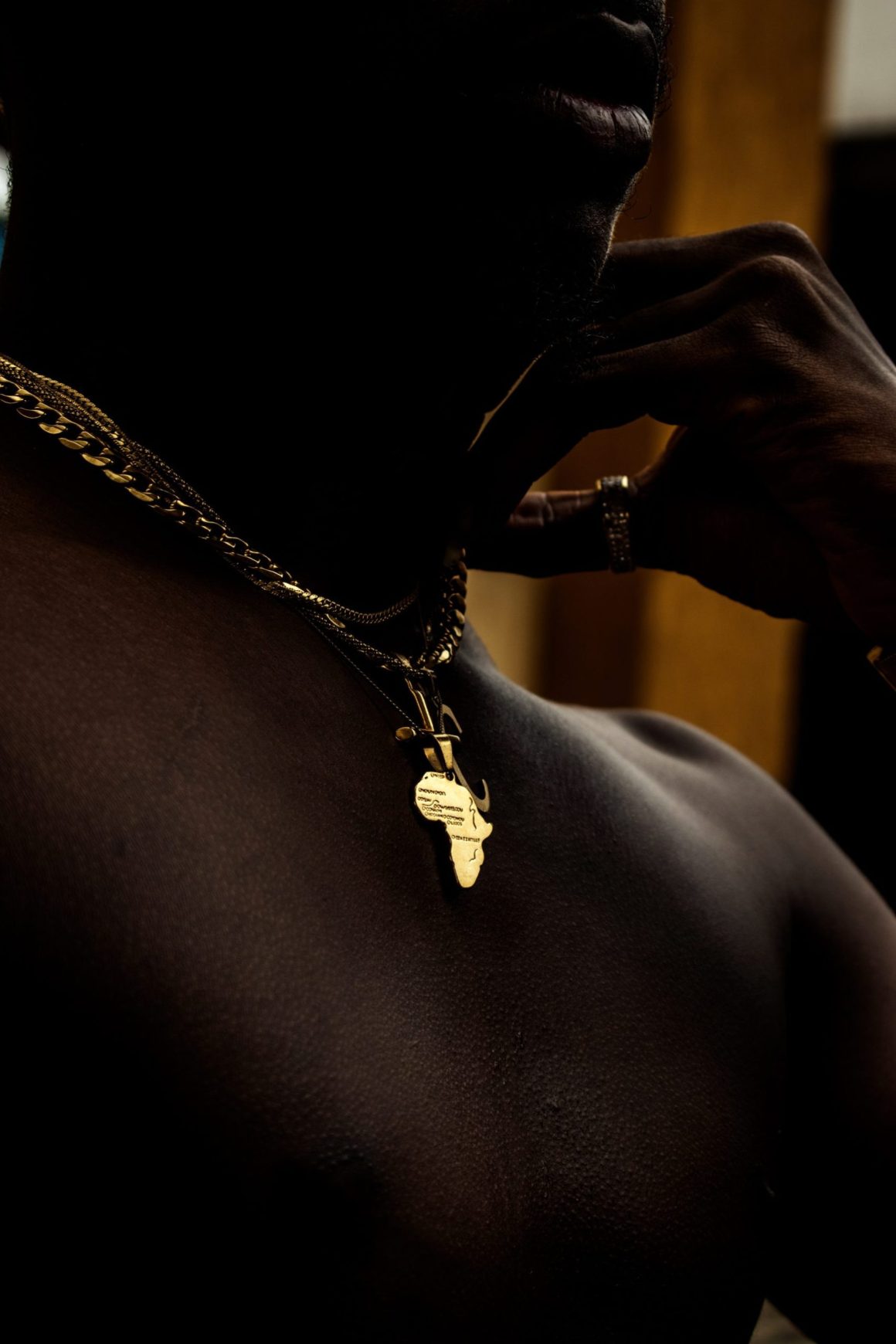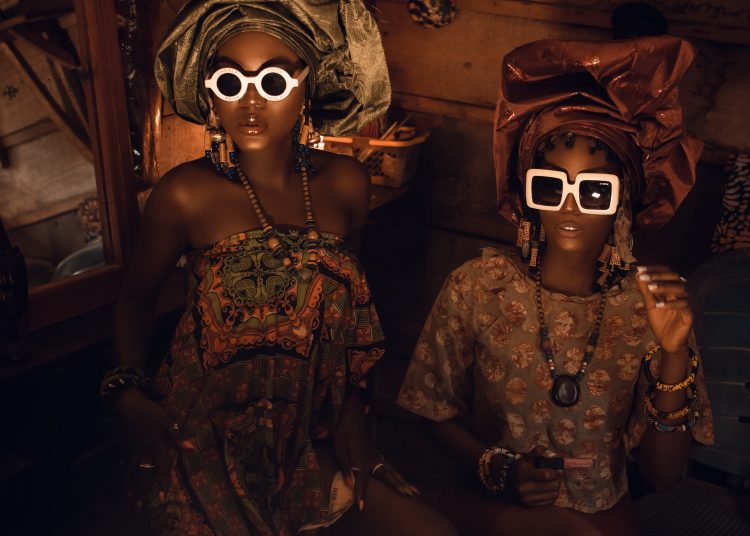I wish to confess. Bless me, Father, for I have sinned. I know not my mother tongue, and though Kiswahili I speak, I do not boast its stewardship. Quite the contrary, by mere fact that you are reading this in English, goes to show where my proficiency lies. I am barely conversant with the ways of my tribal heritage and the bulk of my life I have spent in urban Kenya – areas predominantly Western than they are African. Further, African spirituality is something of an enigma to me as I was brought up Christian. Staunchly so. Yet here I am, declaring myself an ever-so-devoted Pan-African. Is that hypocrisy I detect? A classic case of partaking in the drink whilst lobbying for water. “It’s giving fake,” my fellow gen Zs would remark.” Begging the question, what business do I, a half-baked African, have opining on anything remotely coincidental to Africanism, yet, concepts fundamental to cultural identity as its language and its ways elude me? Am I the drunken preacher?
The African Aesthetic
There exists a misdiagnosed notion embedded in our psyche that perceives the African culture as more a commodity than it is a way of life. I, for one, stand accused. At the outset of my pursuit of African enlightenment, I made a point to brandish myself in cultural paraphernalia. I thought this would make me more African, and that somehow, by doing so, I could trace my way back to my heritage. In an attempt to reclaim my African identity, I was determined to dress the part. I proudly wore my hair kinky and my attires, kitenge. I sported necklaces whose pendants were in the shape of the continent, and to boot, Maasai cuff bracelets. From cowrie shells to kiondos, from brass to glass beads jewelry- anything typically associated with Africanism- I had on. I became a Kariako, Maasai Market and all things curio shop regular. These, I thought to myself, were the epitome of culture.
Though naive it may have been, the move was not entirely misinformed. It was a means to an end. For you see, unlearning the patterns of thought that rendered our ancestors and their succeeding generations, into thinking less of their own culture, hence, their artefacts; was pivotal. This material quest eventually led me to a philosophical awakening in which I epiphanized that it is the artefacts that complement the culture, not vice versa. In order to get the true essence of African culture, it is not enough to look like it, rather, live by it. I may not know for sure which between chicken or egg came first, but I do know that it is the culture that comes before its artefacts.
The Real Living History of the Masses
Okot p’Bitek the late in his book ‘Artist the Ruler’ describes what seems to be the tourism of one’s own culture. The kind stored in art galleries, curio shops and museums. The kind we pose in front of for Instagram likes, to give an impression to our online audience that we are a woke and cultured people. The artefacts whose cultural relevance, if any, most of us are unaware of and were meant for touristic excursions. The kind we hang in our houses in commodified African revere. History existing only in books as corpses in the graveyard called the library. Once in a while, some curious fellow may consult them, more so during examination periods or on scholarly grounds. But this type of history is not alive within society. It does not have much bearing on how we live our lives here and now. He goes on to argue that, while ancient history is valuable, it fails to stir him in the same way that living history does. The kind of history that Ngugi wa Thiong’o describes in ‘Dedan Kimathi Speaks’ is the real living history of the masses.
African Idealism
The young African idealist tends to spend the majority of his/her time convincing a foreign audience that Africa has a past before colonization. But, alas, meaningful though this is, this type of history is not lived by Africans in contemporary societies. Placing Africa on pedestals of ideality ironically does as much harm as it does good. It makes the culture seem like a stagnant, non-evolving phenomenon basking in the glory of what was whilst inconveniently ignoring what is. It also attracts the assumption that Africanism is an entity separate and distinguishable from the way of life of a people. It is not.
Cultural inauthenticity
I am contemplating the various ism ideologies—Africanism, Capitalism, African Socialism, Consciencism, Communism, Black Power, Marxism, Nyayoism, Pluralism, Humanism, and Ujamaaism—and I cannot help but notice that for these ideologies to exist, they ought to be made up of day-to-day rituals. Yet, these ideals are just that, ideals. They are idyllic phenomena whose concepts are made to seem out-of-reach or untenable to the common man. No matter what laymen do, or try to do, they cannot live up to the true thresholds of these ideals. Because these ideals are perfect, yet human nature and their societies at large are fundamentally imperfect and ever-changing. As a result, these isms are dehumanized since their human elements are disregarded.
The idealism of African culture in addition to the former cultural conquest in Africa makes for a less-than-ideal situation. Paulo Freire writes in ‘Pedagogy of the Oppressed’ that cultural conquest leads to the cultural inauthenticity of those who are invaded. Although having lived on the continent their entire lives, many young Africans often do not feel ‘African’ enough. Because African identity has been sacrificed on an altar whose worship is of former glory, thence, invalidating their here and now.
Parting Shot
The uniformity of technology in the present globalized economy has facilitated the engagement of African youth with cultures not homegrown of which they have partially taken up, forming a culture unique to themselves. We can see it in the language they speak, the music they release, the phrases they use, the art they make and overall, their school of thought. A living and breathing example includes the fusion of music genres e.g. the Kenyan-bred Genge tone with UK drill or the South African-bred Amapiano with Tanzania’s own Bongo.
Granted, the relevance of Mama Africa’s historical heritage should not be downplayed nor overlooked. After all, she remains to be the cradle of mankind. That said, we can reminisce her pre-colonial heritage acknowledging both its virtue and vice. Rebuke her colonial history for the monstrosity it was. But perhaps more proactively, we should confront her present presence in a globalized economy, and stay hopeful of what lies ahead.
As for my mother tongue, my Kiswahili, my tribal ways and my spirituality- all these are a work in progress. Maybe I will become well-versed in them, maybe I won’t. But all in all, my lack thereof does not rob me of my African identity. And I will represent it for the thing it is, hence, Wakilisha Africa.
Shalom Kendi Mbae
A Writer. A Pan-African. A Conversationalist.
Words are to me what numbers are to a mathematician.
This little light of mine, I'm going to let it shine.








